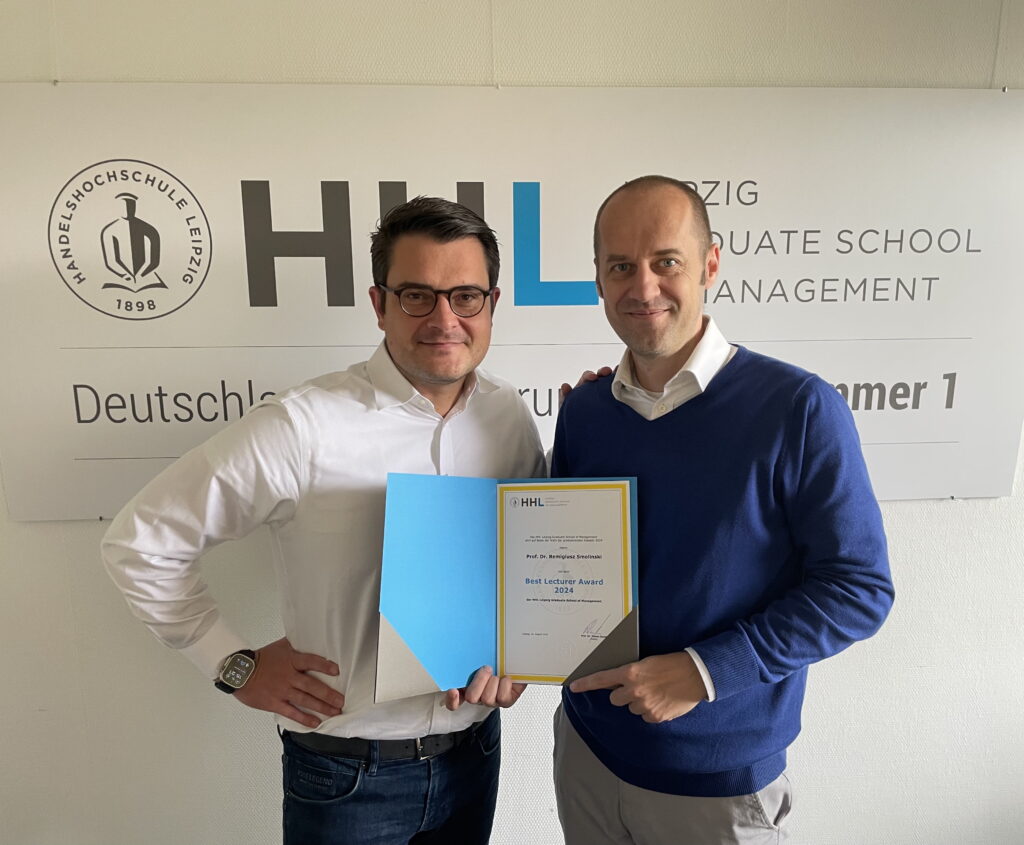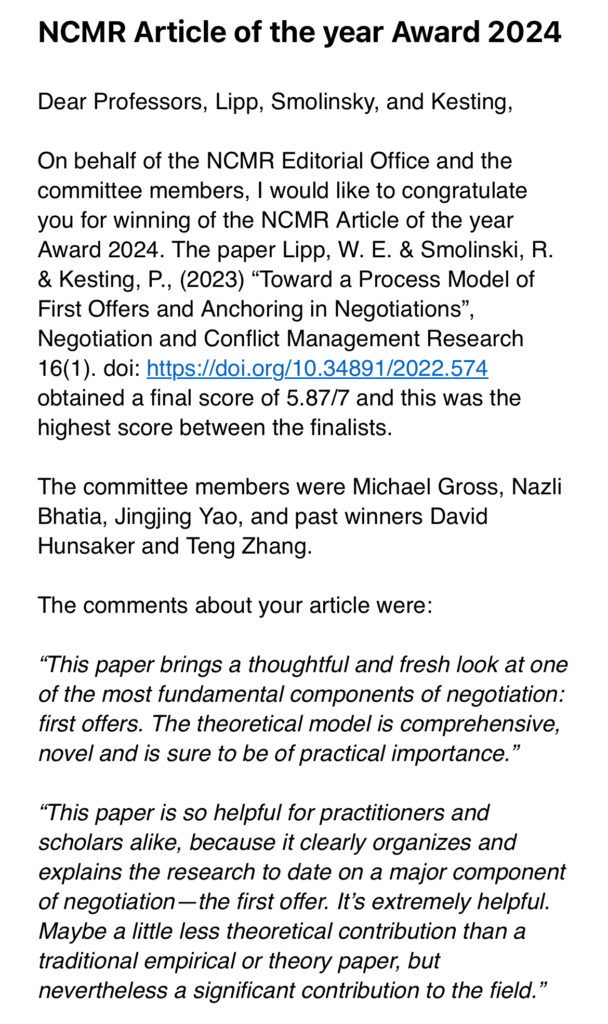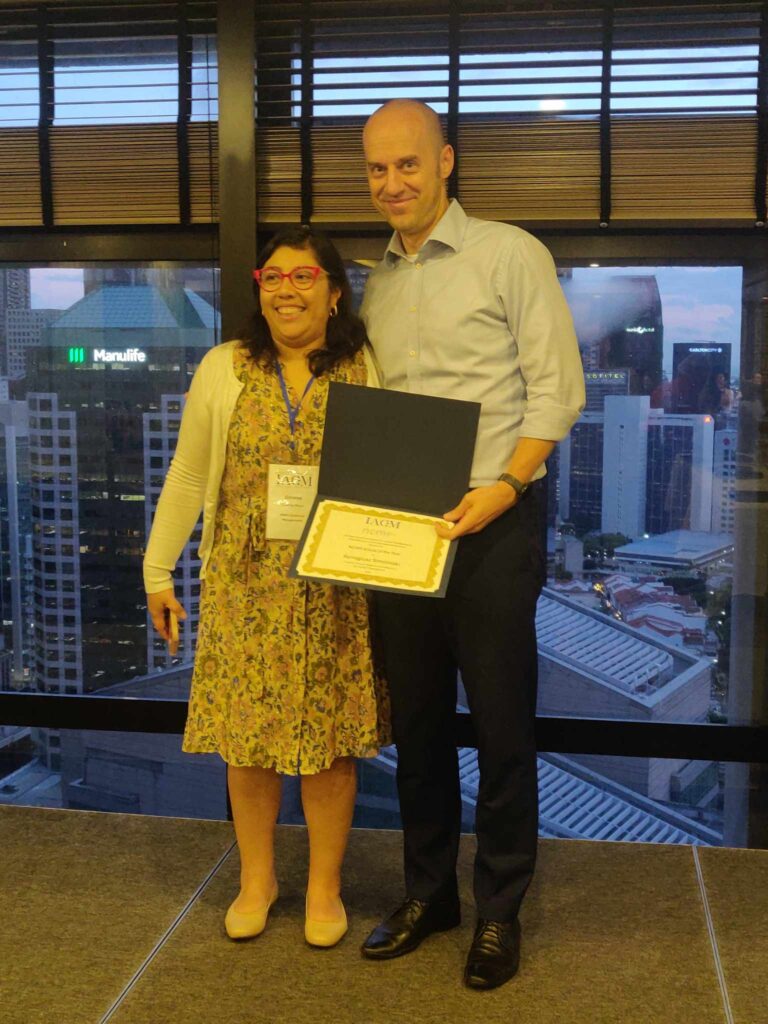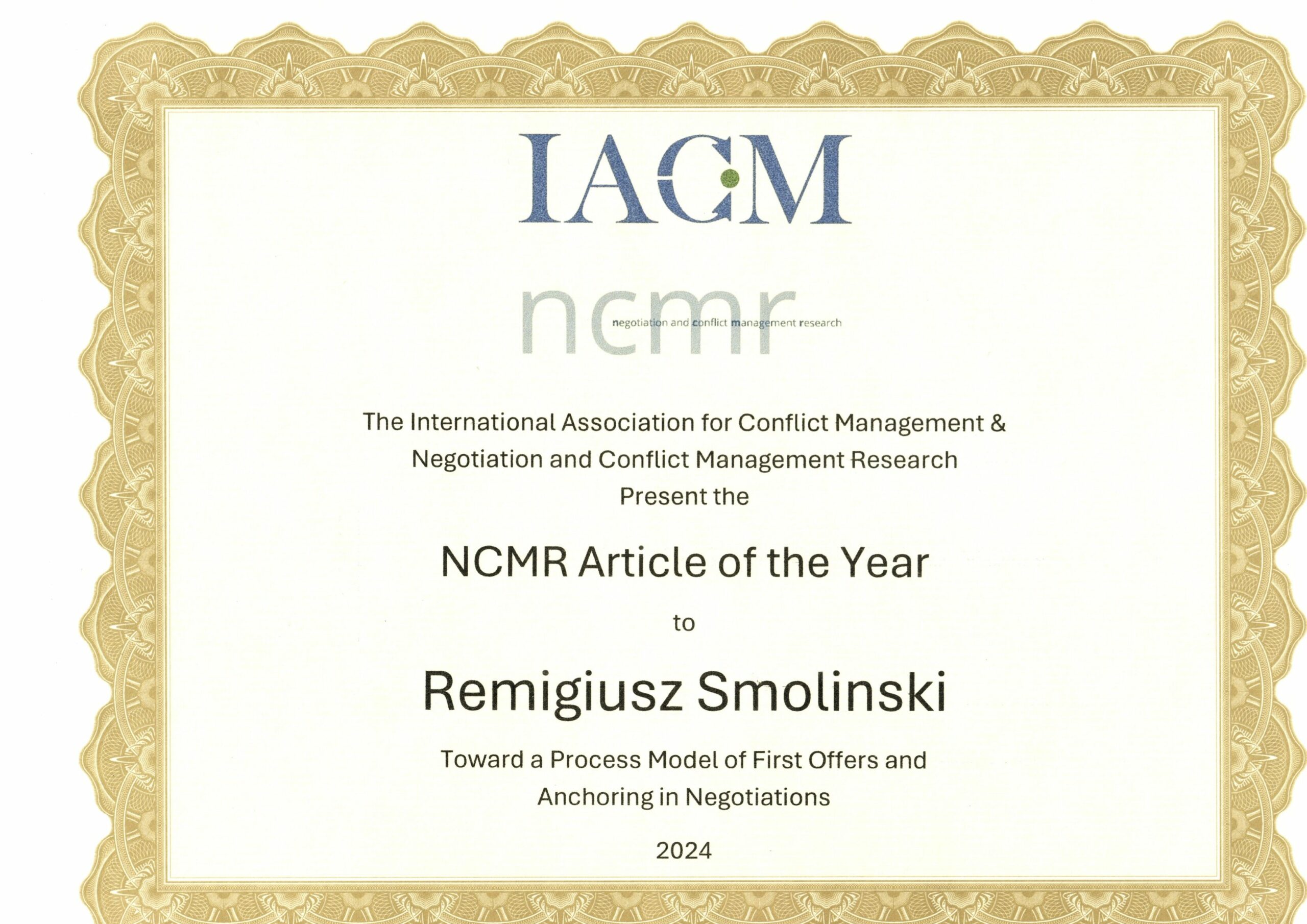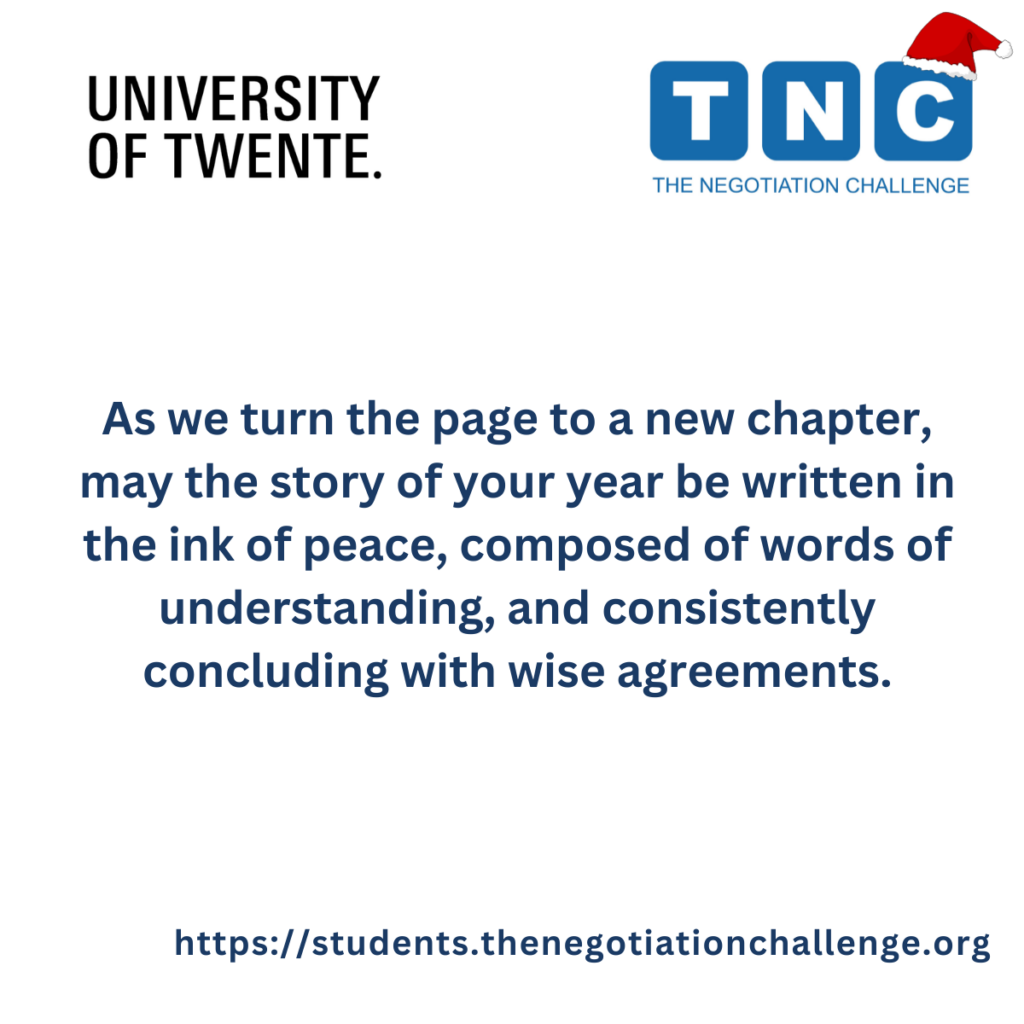The Negotiation Challenge (TNC) 2025 marked a historic milestone by hosting its finals in Cape Town, South Africa, the first time the event was held on the African continent. From April 25 to 26, the University of Cape Town’s Graduate School of Business welcomed top student negotiators from around the globe for an intense series of face-to-face negotiation rounds. This followed three online qualification rounds held earlier in the year, from February 13 to March 1.
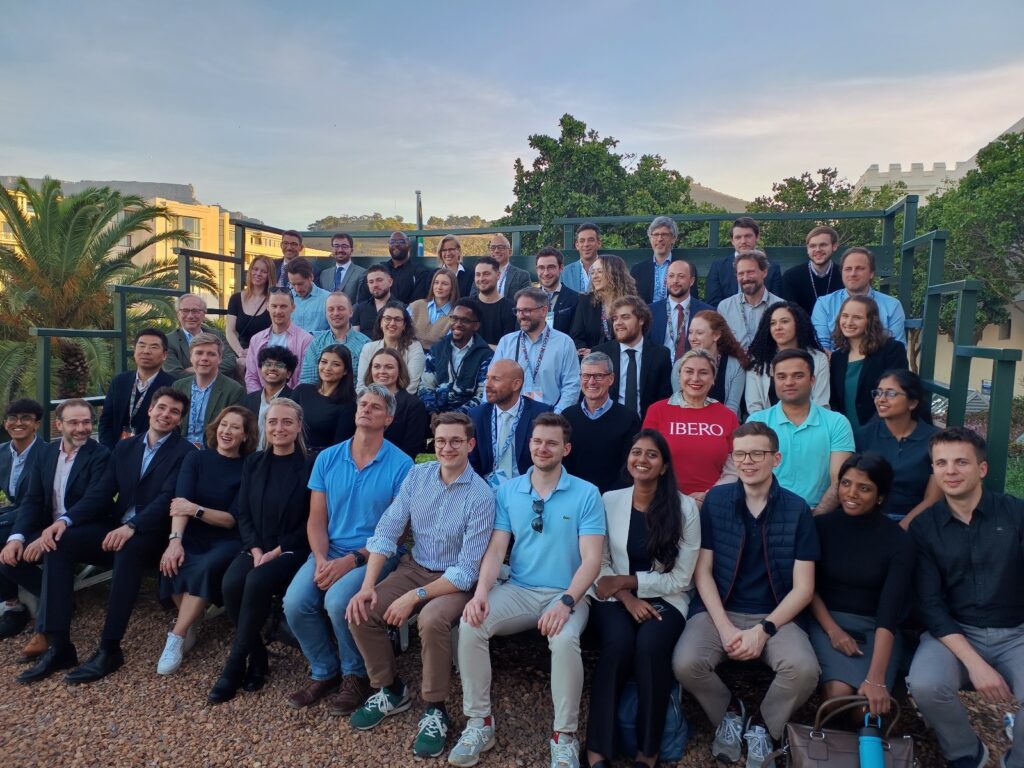
A Global Stage for Negotiation Excellence
TNC, often regarded as the unofficial World Championship in Negotiation, brought together elite teams from prestigious institutions such as Yale, Columbia, the University of Cape Town, and many other schools from nearly all continents. The competition tested participants’ abilities to apply negotiation strategies across diverse scenarios, emphasizing both analytical and interpersonal skills.
Celebrating the Champions
After rigorous rounds, the Reykjavík University Executive MBA team emerged victorious, earning the title of 2025 Negotiation World Champions. The team, comprising Rósa Anna Björgvinsdóttir, Tim Marting, and Tobiasz Skwarczyński, showcased exceptional negotiation skills. They were closely followed by the American University Washington College of Law, which secured the silver medal, and HHL Leipzig Graduate School of Management, which took home the bronze.
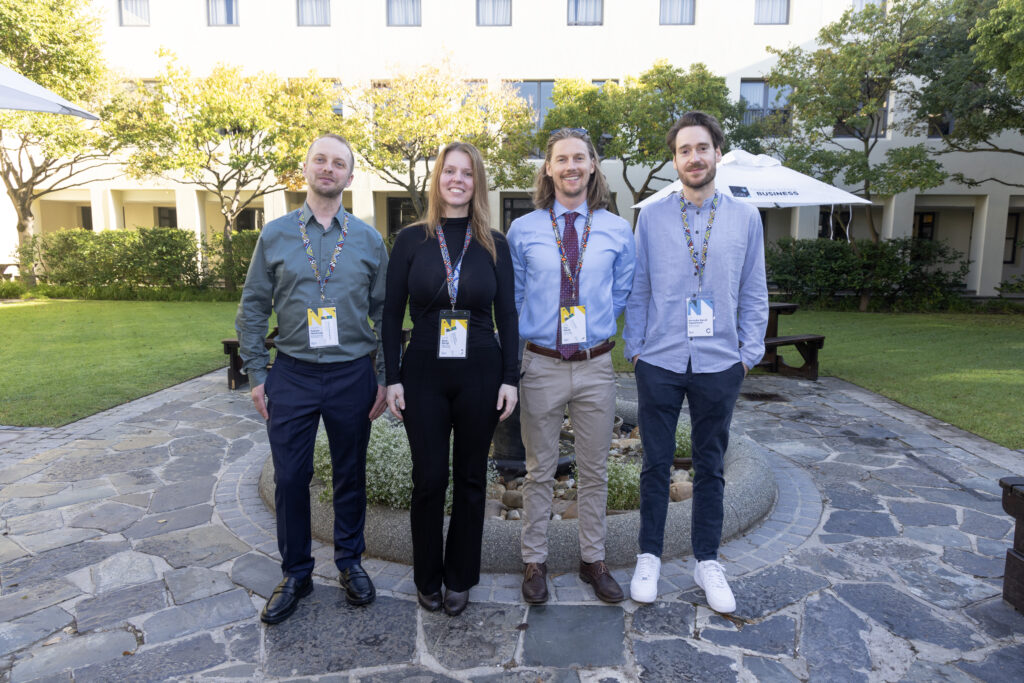
A Collaborative Effort
The success of TNC 2025 was made possible through the collaboration of various sponsors and partners. Notable contributors included Columbia University’s Negotiation and Conflict Resolution program, Falk Academy, Derek Pead & Associates, Corporate Insights, and Rational Games Inc. Special appreciation was extended to the University of Cape Town’s Graduate School of Business, particularly Catherine Duggan and Morea Josias, for their hospitality and support. The event was wonderfully orchestrated by Siham Boda and Derek Pead, our Negotiation World Champions 2020.
The Negotiation Challenge 2025 would not have been possible without our amazing judges! We explicitly thank: Christian Glade, Siham Boda, Derek Pead, Anja Merz, Yaniv Ofek, Frieder Lempp, Reymond Ndlovu, Nicole Marshal, Alexander von Reden, Shougang Zhang, Rodrigo Gouveia, Sebastian Schäfer, Matthias van Hullebusch, Michal Putyra, and Horacio Facao (not in the picture).
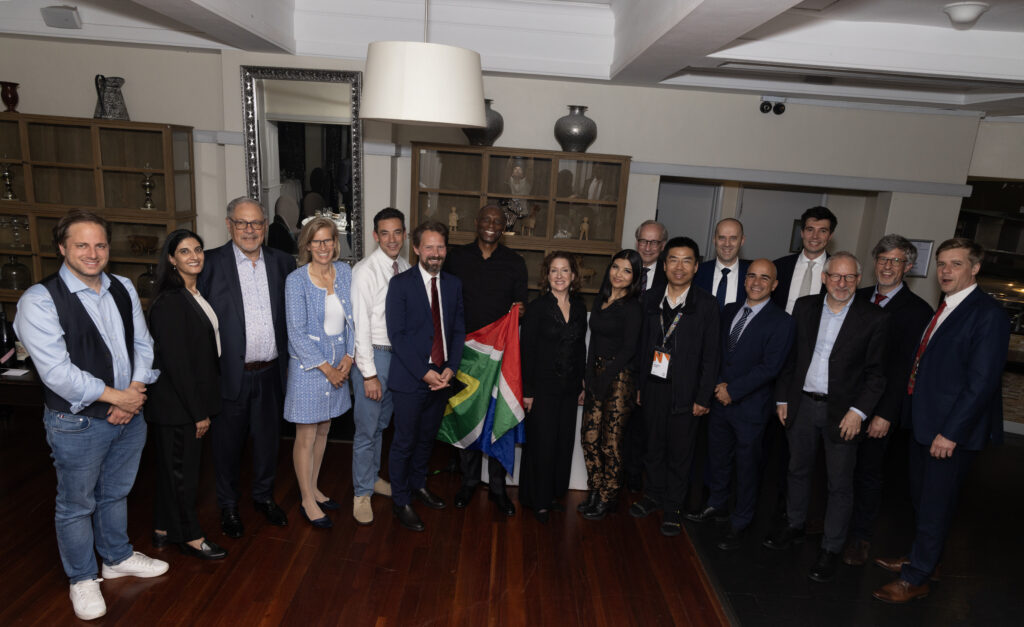
Looking Ahead
Building on the momentum of this year’s event, TNC announced that the 2026 finals will be held at IÉSEG School of Management in Paris from April 9 to 11. Aspiring negotiators worldwide are encouraged to prepare for another opportunity to demonstrate their skills on an international stage.
For more information on The Negotiation Challenge and upcoming events, visit students.thenegotiationchallenge.org.
